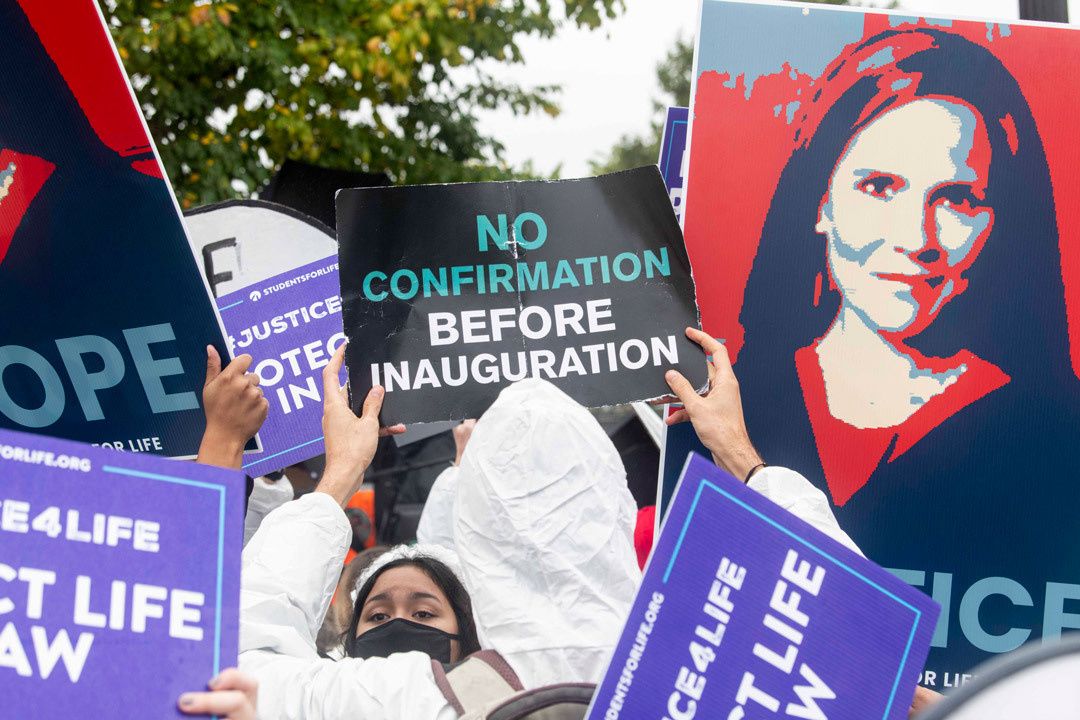Hard Numbers: Testy US Supreme Court hearing, India's COVID milestone, Mexico invests in vaccine, Nigeria's deadly squad
4: The US Senate started four days of hearings Monday for Judge Amy Coney Barrett, President Trump's pick for the Supreme Court. The contentious hearing kicked off despite the fact that several Republican senators who sit on the Senate Judiciary Committee, which conducts the hearing, tested positive for COVID-19, while the Republican chair of the committee refused to get tested.
7 million: As of Sunday, India had recorded more than 7 million confirmed coronavirus cases. That is the second highest tally in the world, after the United States. India's rate of COVID deaths per 100,000 people is more than eight times lower than in the US, even though its population is only about three times as large.
160 million: Mexico, currently suffering the world's highest rate of deaths among confirmed COVID cases, has paid $160 million to secure vaccines from the World Health Organization's COVAX international vaccine distribution initiative.
82: Nigeria has dissolved its feared "Anti-Robbery Squad" after days of protests over the force's brutal methods. Amnesty International had documented at least 82 instances of the squad carrying out killings, mock executions, and torture in recent years.